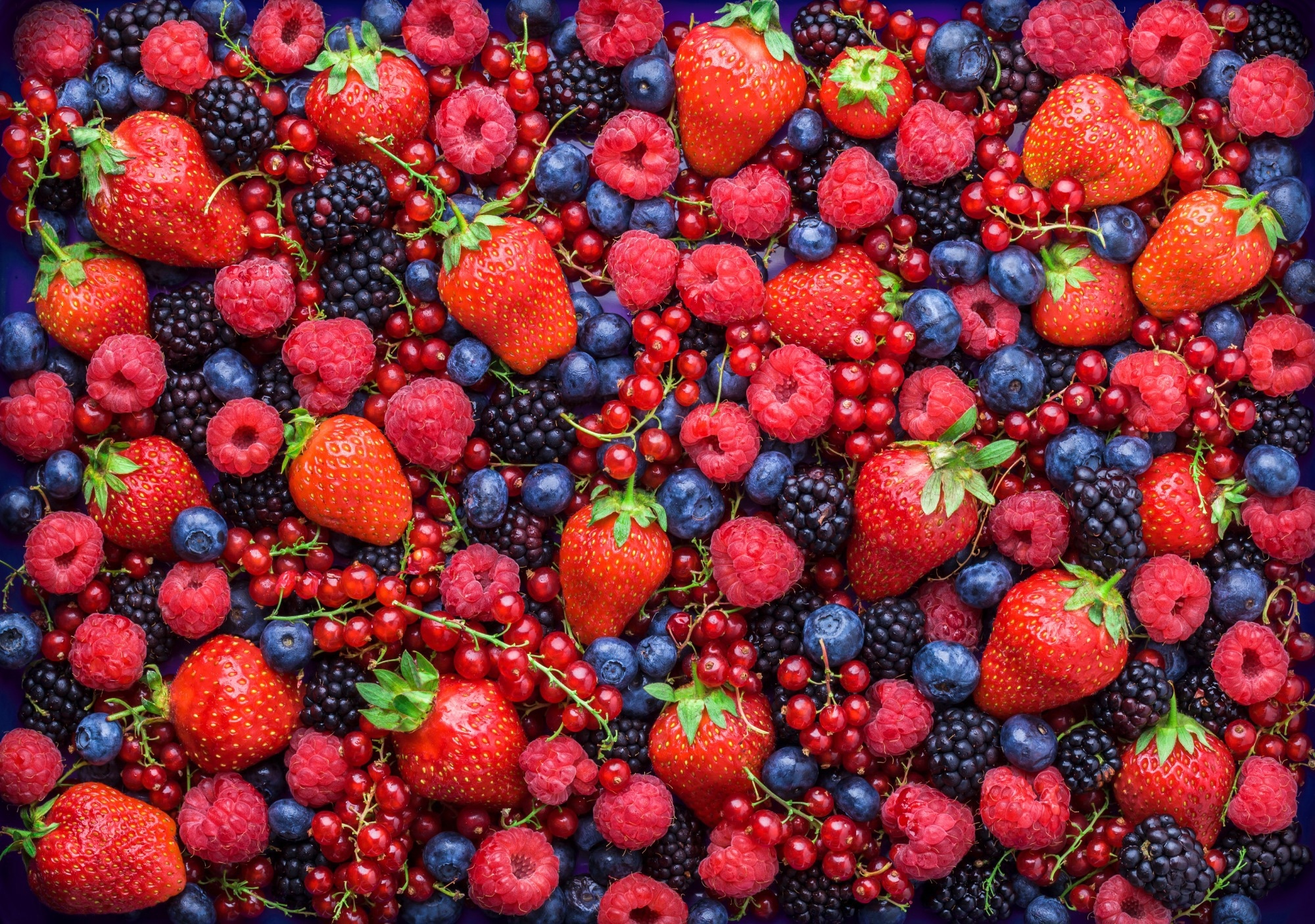In a latest research revealed within the Journal Vitamins, researchers investigated the affiliation between berry consumption and physiological dysregulation from stress responses measured by allostatic load (AL) scores utilizing publicly out there information from the Nationwide Well being and Vitamin Examination Survey (NHANES) performed amongst grownup inhabitants in america (US) throughout 2003–2010.
 Research: Berry Consumption in Relation to Allostatic Load in US Adults: The Nationwide Well being and Vitamin Examination Survey, 2003–2010. Picture Credit score: Bojsha/Shutterstock.com
Research: Berry Consumption in Relation to Allostatic Load in US Adults: The Nationwide Well being and Vitamin Examination Survey, 2003–2010. Picture Credit score: Bojsha/Shutterstock.com
Background
AL multisystem measurement framework makes use of 14 biomarkers of a number of physiological techniques, together with the cardiovascular, autonomic, metabolic, and immune techniques, to measure the severity of physiological dysregulation as a consequence of incremental results of stress total and in particular techniques.
A better AL rating, calculated by summing the chance indicators for every biomarker inside every area, signifies extra dysregulation as a consequence of stress, which can manifest as debilitating stress-related well being situations, resembling bodily and cognitive decline, psychological issues (e.g., melancholy), diabetes, cardiovascular illnesses (CVDs), most cancers, and even mortality.
The excessive ranges of particular polyphenols and different vitamins in berry fruits have garnered the eye of researchers as a result of they defend in opposition to irritation and cardiometabolic illnesses as a consequence of their potent antioxidant properties.
Raspberries and blackberries have the very best ranges of polyphenol ellagic acid, whereas strawberries have excessive ranges of anthocyanins.
Research methodology
On this research, researchers hypothesized that extra berry consumption would decrease AL scores.
They collected information from US adults enrolled within the 2003–2010 NHANES, together with their demographic, dietary, and medical info through at-home interviews, cell examination heart (MEC) visits, and cellphone interviews.
Skilled workers then measured their whole berry consumption utilizing two 24-hour dietary recollects.
Folks eat berries usually as combined and processed meals. So, the staff used an algorithm to establish berry consumption from meals data, and people consuming at the least one cup of equal berry or berry subtype fruits (strawberries and blueberries) in a meals recall had been thought of berry shoppers.
The researchers used inhabitants weight-adjusted multivariable linear regression fashions to judge the impact of berry consumption on AL composite scores and biomarkers.
These fashions adjusted for potential confounders, resembling age, dietary and sociodemographic, and life-style elements.
Outcomes
Of 15,620 US adults who accomplished two 24-hour recollects, solely 7,684 people attended a morning examination and supplied full info on the AL biomarkers.
From these, ~19.3% of adults (n=1485), of which 61.9% had been females, had been berry shoppers.
Berry shoppers, i.e., those that ate strawberries, blueberries, or any berries, had considerably decrease imply AL composite scores than non-consumers.
The connection between larger berry consumption and decrease common AL composite scores was dose-dependent (p-trend< 0.05) and remained strong after adjusting for all confounders.
In comparison with non-users, berry shoppers had decrease ranges of biomarkers in every AL area. Accordingly, the imply cardiovascular and metabolic area scores for whole berry shoppers had been 4.73 and a pair of.97 vs. 4.97 and three.1 for non-consumers.
In comparison with non-users, cardiovascular and metabolic area scores for strawberry and blueberry shoppers had been 4.73 vs. 4.95; 2.99 vs. 3.1; 4.6 vs. 4.95; 2.92 vs. 3.11, respectively.
Berry shoppers additionally had markedly decrease common AL immune and autonomic scores (1.52 vs. 1.56) and (2.49 vs. 2.57), respectively, relative to non-consumers.
Nonetheless, this barely diverse with the berry sort consumed. So, whereas Blackberry shoppers had markedly decrease imply autonomic scores than non-consumers, no distinction was famous for whole berry shoppers.
Moreover, blackberry shoppers had decrease triglycerides and C-reactive protein (CRP) ranges, whereas cranberry juice shoppers had decrease pulse charges and fewer white blood cells.
Moreover, shoppers of blueberries, strawberries, and raspberries had decrease fasting glucose, fasting insulin, triglycerides, and homeostatic mannequin evaluation for insulin resistance (HOMA-IR) than non-consumers.
Conclusions
The current research findings counsel that consumption of berries is related to decrease AL composite and area scores and should doubtlessly cut back stress-related physiological dysregulations and forestall cardiovascular and metabolic issues within the US grownup inhabitants.
In line with earlier research, these findings could also be attributable to the protecting results of flavonoids, polyphenols, and different elements in berries that act in opposition to multisystemic dysregulations.
Specifically, polyphenols work together with intestine microbiota by way of the intestine–mind–axis signaling pathway fostering resilience to stress-induced physiological dysregulation.
Likewise, anthocyanins, a kind of flavonoid, have a helpful impact on cardiometabolic elements. Moreover, entire berries have considerable dietary fibers that lower glucose absorption.
Future analysis ought to additional validate these outcomes utilizing totally different evaluation strategies in numerous inhabitants cohorts.
Journal reference:
-
Zhang, L., Muscat, J. E., Chinchilli, V. M., M., P., & Richie, J. P. (2023). Berry Consumption in Relation to Allostatic Load in US Adults: The Nationwide Well being and Vitamin Examination Survey, 2003–2010. Vitamins, 16(3), 403. doi: https://doi.org/10.3390/nu16030403.https://www.mdpi.com/2072-6643/16/3/403

